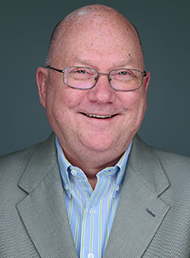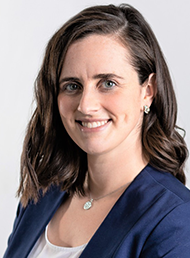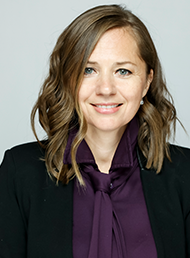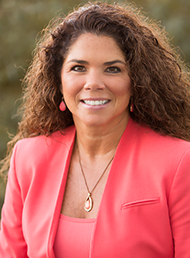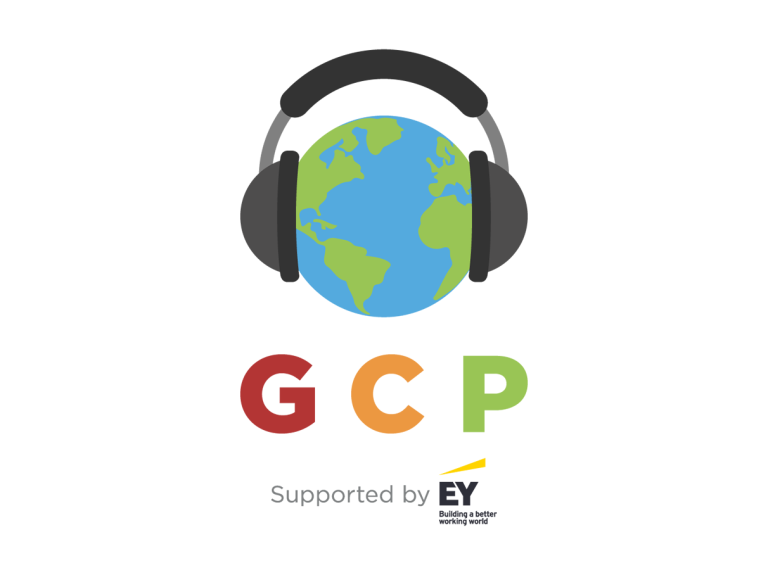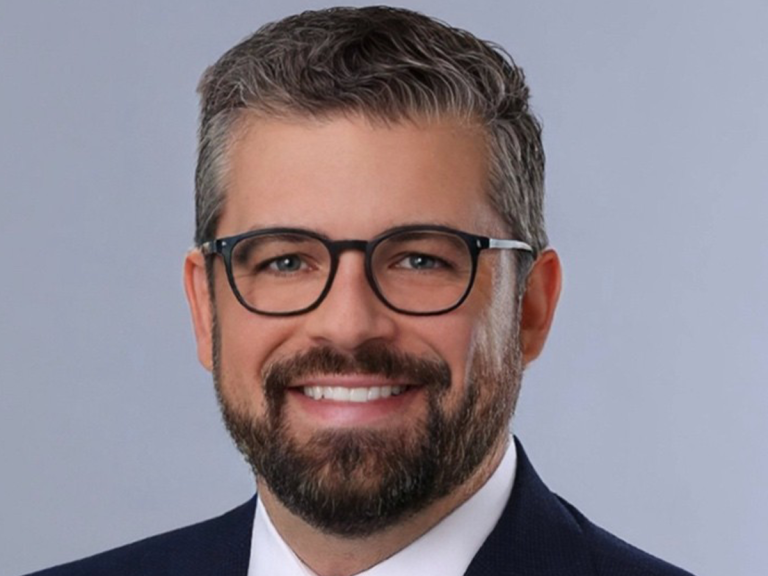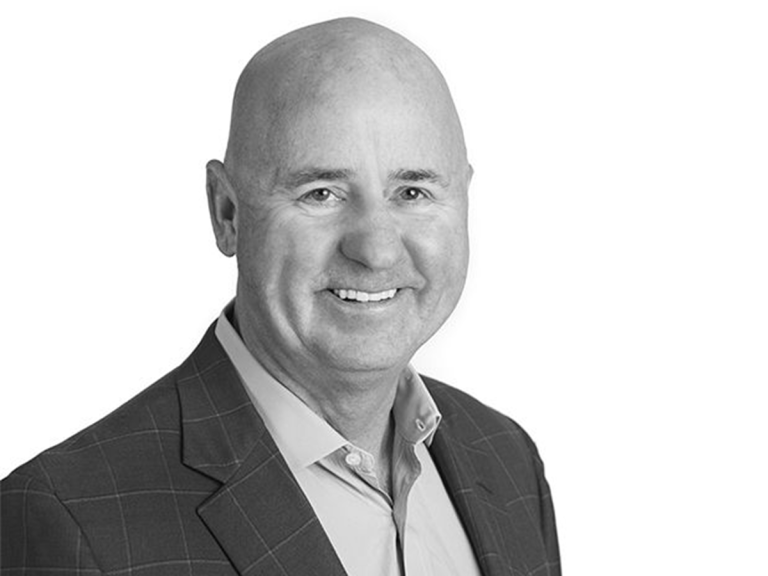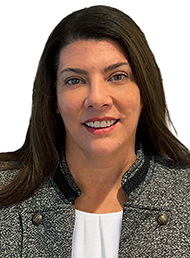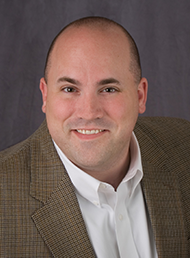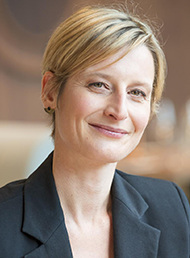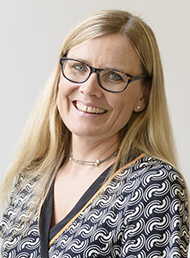Strategic Risk Solutions (SRS) is planning continued expansion while captives are in vogue, but is expected to do so organically rather than through further acquisitions in the short term, according to the company’s CEO Brady Young.
The company has made several acquisitions in recent years, notably acquiring captive and insurance manager Robus from the Ardonagh Group in January, and the purchase of Philadelphia-based Garnet Captive Insurance Services in March.
The Robus acquisition added a substantial office in Gibraltar, which manages captives, motor insurers, protected cell companies and other commercial (re)insurers.
“We thought Robus was a good fit for us, as they’re strong in Guernsey and Gibraltar, and they also complement what we were already doing in Guernsey,” Young told Captive Intelligence.
SRS announced the launch of SRS Altitude in November, with the managing general underwriter (MGU) focusing on alternative risk transfer solutions, led by Loredana Mazzoleni Neglén as global CEO.
Altitude began operating in the first quarter of 2024 with structured (re)insurance and parametric products at the centre of its offering.
“More and more of our clients are facing risks that the standard insurance market cannot solve and there’s certain things we can do with a captive and partnering with carriers that have an appetite for these highly structured programmes seems to make sense,” Young said.
“There’s a vacuum of expertise in the market, so we thought it made sense for us to try and fill that vacuum for our clients.”
He said SRS is anticipating further areas of natural development going forward.
“However, we want controlled growth that is mainly organic and is unlikely to include too many more acquisitions as we’ve done two acquisitions in the last year, which is unusual for us,” he said.
“Quite frankly there is not too much to acquire, and most things that might be available probably would not meet our criteria for what we would want to buy.”
Young said historically SRS has built businesses from scratch and grown them organically, which he believes will likely continue to be the case.
“That being said, we are always opportunistic if something popped up that made sense, but there is nothing imminent,” he added.
Young said the focus area for growth is Europe, but the captive manager is keeping an eye on the United States, as well as South Asia.
“We’ve had quite a bit of momentum in France and we’re watching closely in regard to what’s happening in Italy and Spain, so we will follow the market,” Young said.
“It’s a golden era for captives, and I think we are going to see a real surge in captive interest in countries where we haven’t necessarily seen that before.
“We’re trying to be thoughtful and disciplined about where we focus our efforts, and we want to be in those places where we think long term there’s going to be a lot of high-quality clients that we would want to work with.”
In November 2022, SRS opened an office in France, in anticipation of the country introducing specific captive legislation.
Young believes the business has been astute in hiring good people and taking on clients that are looking for something different.
“In our more mature captive management and consulting business, it is important we continue to do that, and our ongoing expansion in Europe is just a continuation of what we have been doing,” he said.
Young noted that one of the fundamental challenges SRS and the captive industry faces globally is attracting and retaining talent.
“The industry is growing, and opportunities are growing faster than the pool of talent is expanding,” he said.
As a result of the talent shortage, Young said there is more competition for talent and costs are rising.
“We must pay our people more, we must compete for new graduates, and we need to pay them more and our cost of doing business is going up,” he said.
“I think clients accept if they want good service and they want continuity of good service, there’s a price to be paid to reflect the value they get.”
